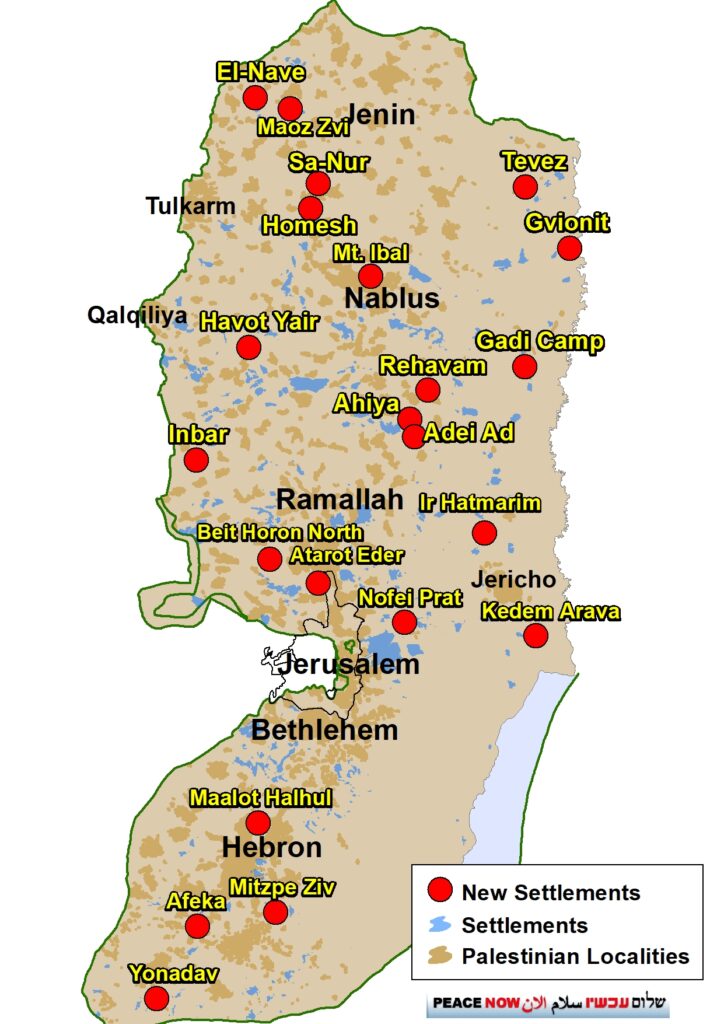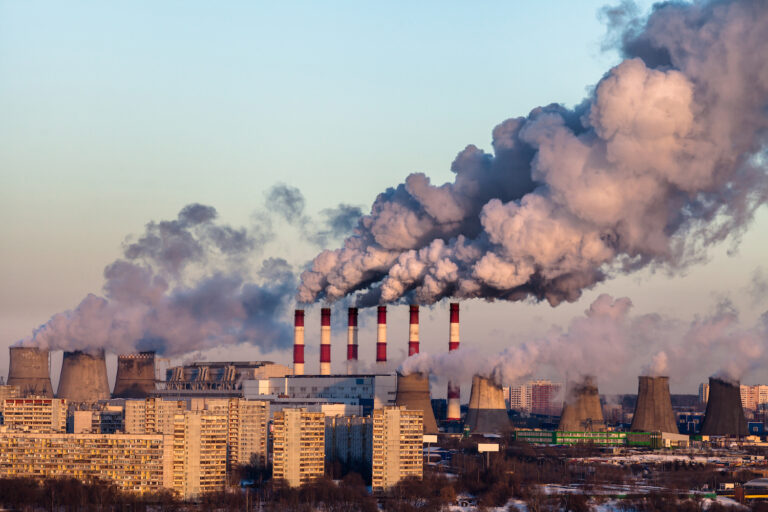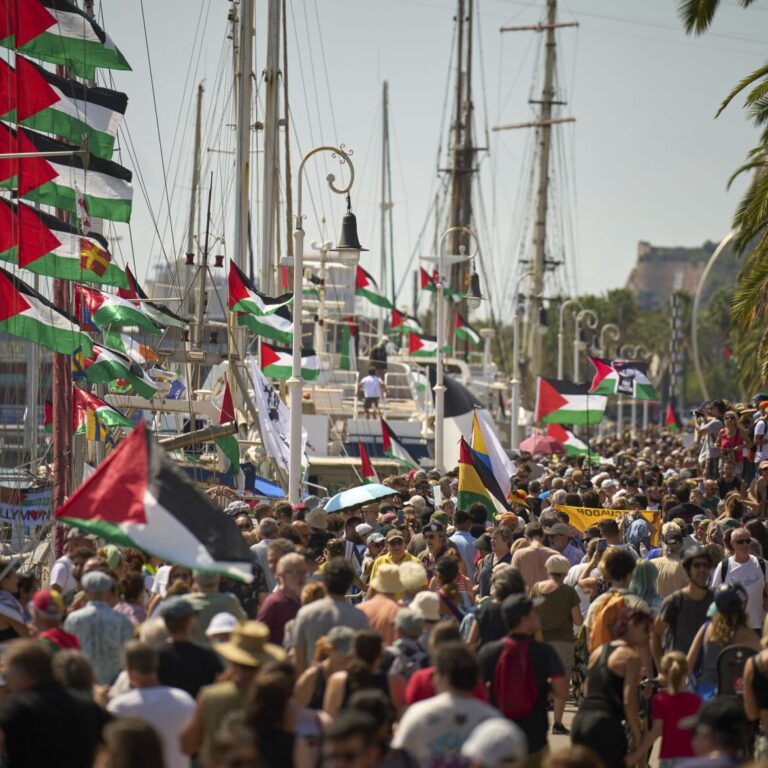by Andrea Tucci,
The apocalyptic scenes of the assault on humanitarian aid being distributed in Gaza, in the Tal as-Sultan area, did not result in a tragedy—instead, they functioned exactly as planned. The starving people of Gaza were forced to wait for hours under the scorching sun, caged in narrow corridors between metal fences to receive a meager can of food.
With this “initiative,” the U.S.-backed Gaza Humanitarian Foundation (GHF) had promised something revolutionary: aid free from Hamas corruption, from United Nations bureaucracy, and from the chaos of “uncivilized” Palestinian society. Instead, it orchestrated calculated cruelty, dehumanizing and humiliating desperate human beings, exhausted by hunger, disease, and psychological violence against defenseless civilians herded into lanes bordered by metal fences as if they were livestock.
The “aid distribution centers” in Gaza are the concentration camps of our time—designed, as history sadly reminds us, not to help people live, but to manage, control, and contain unwanted populations.
The cans being distributed barely contained enough calories to prevent immediate death: a calculated cruelty, designed to keep the population in a state of permanent emergency, forever dependent on the mercy of their so-called “benefactors.”
As proof of what I’ve stated, Jake Wood, Executive Director of the GHF, resigned a few days before the failure of the Tal as-Sultan operation, stating in his resignation letter that he “no longer believed the foundation could adhere to the principles of humanity, neutrality, impartiality, and independence.”
How can an initiative meant to help an occupied and besieged population be considered neutral when it is coordinated with and directly dependent on the occupying armed forces that have caused the ongoing famine?
A report from the United Nations General Assembly warned that famine and disease are killing more people than bombs and bullets, and that over 40.000 aid trucks would be needed to meaningfully address the current crisis.
But the instrumentalization of humanitarian aid as a mechanism of control did not begin on October 7th. Palestinians have lived under this lie of “aid” for 76 years—since the Nakba turned them from a self-sufficient people into a people forced to beg for a piece of bread.
Before 1948, Palestine exported citrus fruits, olives and olive oil, almonds, eggs, wheat, barley, salt, dates, soap, ceramics, copper and glass. Palestinians were not wealthy, but they were self-sufficient.
The Nakba did not only displace 750.000 Palestinians; it also triggered a transformation from self-sufficiency to dependency. Since 1950, farmers began lining up for UNRWA rations,a planned strategy to undermine Palestinian independence and replace it with a permanent need for charity; charity that can be revoked or conditioned, but never justice, never freedom.
The Gaza Humanitarian Foundation is the tragic embodiment of this system of “colonial humanitarianism”, aid delivered by private contractors, coordinated with occupation forces, and distributed in militarized zones.
What Palestinians truly need is real humanitarian aid—aid that offers not only a few calories, but also a chance at a future. But the truth is, real humanitarian aid would dismantle the siege, return the land to the Palestinians, and bring war criminals to justice. What happened in Rafah was not a failure of aid—it was a system designed to dehumanize, control a people, prevent the creation of a Palestinian state, and ensure the expansion of new settlements in the West Bank.
In this regard, just a few days ago, the Israeli government announced the creation of 22 new settlements in the occupied West Bank, including the legalization of already-built outposts. This represents the largest annexation operation of occupied territories in decades, encompassing areas deep within the West Bank.

The main goal of the Israeli government is to “promote” the annexation of occupied territories and the expansion of settlements, rather than the pursuit of peace.
Just recently, the Finance Minister of the government Bezalel Smotrich expressed satisfaction with the new settlements, stating that “the next step is sovereignty,” adding that “we are not taking foreign land, but the inheritance of our ancestors.”
Most Israeli ministers would like to formally declare the annexation of the West Bank. “They believe this moment will never come again, that this is a once-in-a-lifetime opportunity, and they don’t want to miss it.”
Today more than ever, the international community must recognize that the liberation of the Palestinian people is the only path to lasting peace and the full acknowledgment of their dignity and right to freedom.




